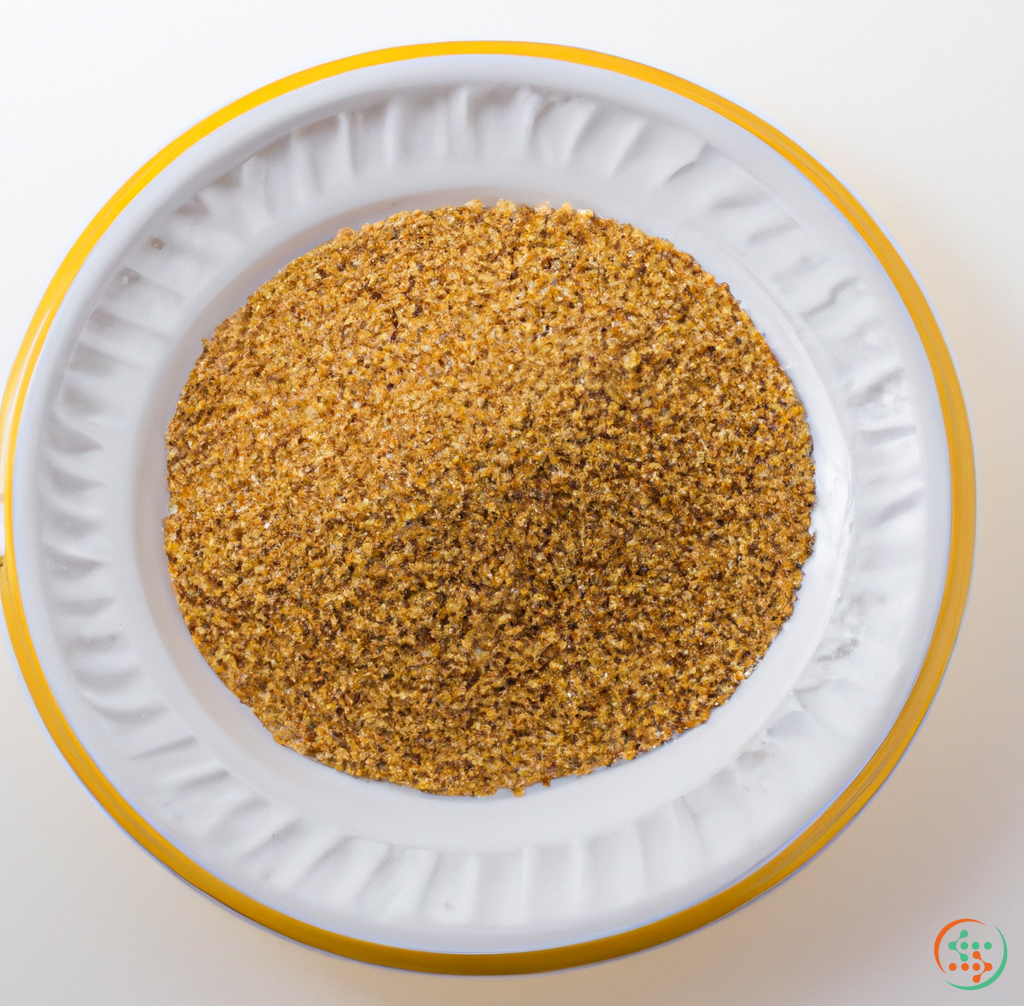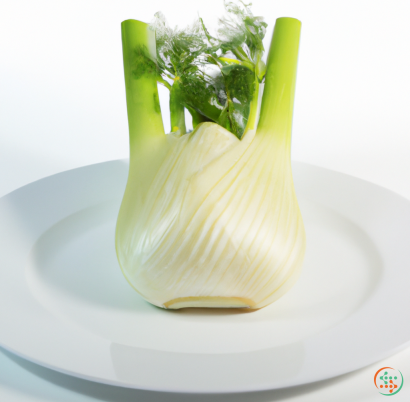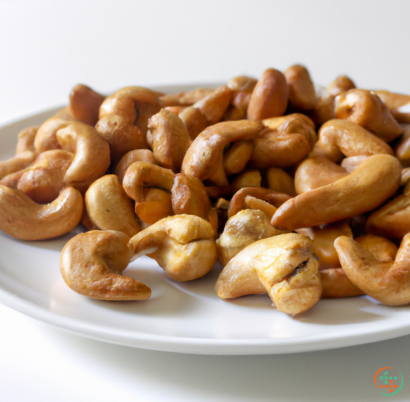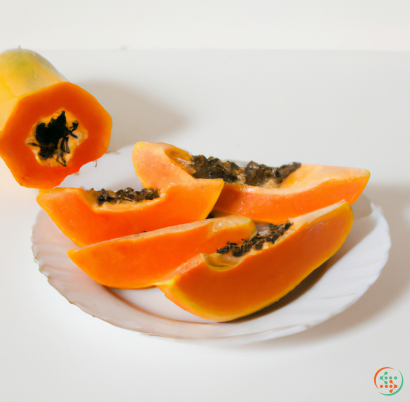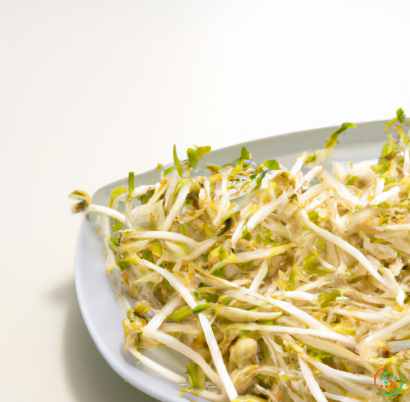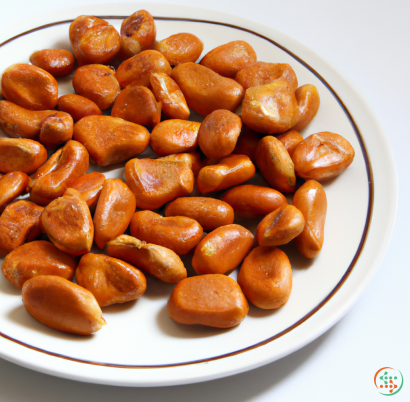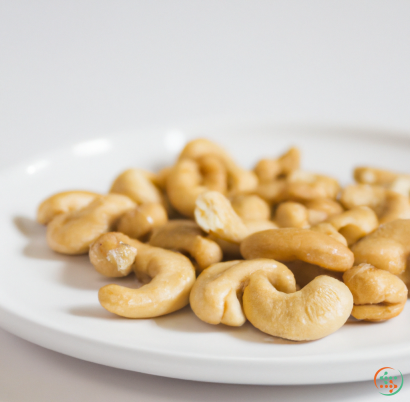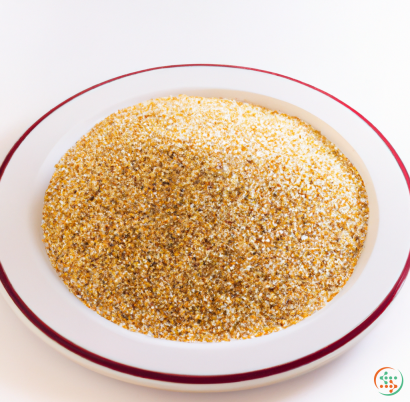Mustard Seed: Complete Mineral Profile
Mustard Seed ‐ Mineral Information
Mustard seed is a small, round spherical shaped grain known for its numerous health benefits due to the minerals it contains. Although mustard seeds are not typically eaten by themselves, they are frequently sprinkled on food as a condiment or used in making soup and pickles, which can add significant amounts of beneficial minerals to one’s diet. In this paper, we will explore the specific minerals obtained from eating mustard seed, how these minerals benefit our bodies, and where else people can find them naturally occurring.
One of the most prominent minerals found in mustard seed is calcium; calcium makes up around eight percent of the total mineral content of mustard seed per tablespoon. Calcium is an essential mineral that contributes to strong bones and teeth, aiding in muscle and organ functioning, regulating heartbeat, helping your body absorb vitamins, and supports nerve conduction. A lack of daily recommended amounts of dietary calcium has been linked increased risk of bone fractures, high blood pressure and allergic reactions. So, just one tablespoon of mustard seed provides approximately 0.6 grams of calcium – even more than what you would get from two cups of milk!
In addition to calcium, mustard seeds also contain several other important minerals, such as magnesium, phosphorus, potassium, zinc, iron, copper and manganese, although in lesser concentrations. Magnesium helps promote healthy nerve and muscle function, while phosphorus helps with normal metabolism, energy production and cell growth. Potassium supports heart health and maintenance of electrolyte balance in the body, and zinc acts as an antioxidant, boosting immunity and plays an integral role in cellular processes. Iron helps form red blood cells, delivers oxygen throughout the body, assists proper cognitive development and mental performance, and copper is essential for forming strong connective tissues like cartilage, ligaments, and tendons. Finally, manganese works alongside copper and iron to help create energy in cells, build proteins, and metabolize different fats and carbohydrates.
It's also worth noting that 100 grams of mustard seed contains substantial amounts of B complex vitamins (such as niiconic acid, folic acid, thiamin, riboflavin, pyridoxine, pantothenic acid and vitamin K) as well as Vitamin E. These rich sources of vitamins offer anti-inflammatory effects and support eye health, gene expression and optimal neurological functions.
When considering plant-based sources of minerals, particularly calcium and other trace elements, adding some ground mustard seed powder to your diet can be highly beneficial. Ground mustard seeds incorporate easily into many dishes, but if added in large quantities, their pungent flavor may overpower food. Instead, sprinkle some finely-powdered mustard seed over salads or soups for a milder taste without giving up on their nutrient-rich properties. Other products containing similar levels of the aforementioned minerals include Swiss chard, tofu, poultry breast and spinach.
Overall, mustard seed presents a fantastic way to wedge extra intake of essential minerals, especially calcium, into busy diets. The minerals provided from incorporating mustard seeds do wonders for overall body health, offering protection against severe conditions like osteoporosis, hypertension or excessive inflammation. Ultimately, including mustard seed in meals, snacks or shakes could prove incredibly beneficial when trying to monitor and attain sufficient levels of dietary minerals.
| Calcium | 0.266 grams |
Daily Value 1.3 g
|
| Iron | 0.00921 grams |
Daily Value 0.018 g
|
| Magnesium | 0.37 grams |
Daily Value 0.4 g
|
| Phosphorus | 0.828 grams |
Daily Value 1.25 g
|
| Potassium | 0.738 grams |
Daily Value 4.7 g
|
| Sodium | 0.013 grams |
Daily Value 2.3 g
|
| Zinc | 0.00608 grams |
Daily Value 0.011 g
|
| Copper | 0.65 mg |
Daily Value 0.9 mg
|
| Manganese | 0.00245 grams |
Daily Value 0.0023 g
|
| Selenium | 0.2081 mg |
Daily Value 0.055 mg
|
